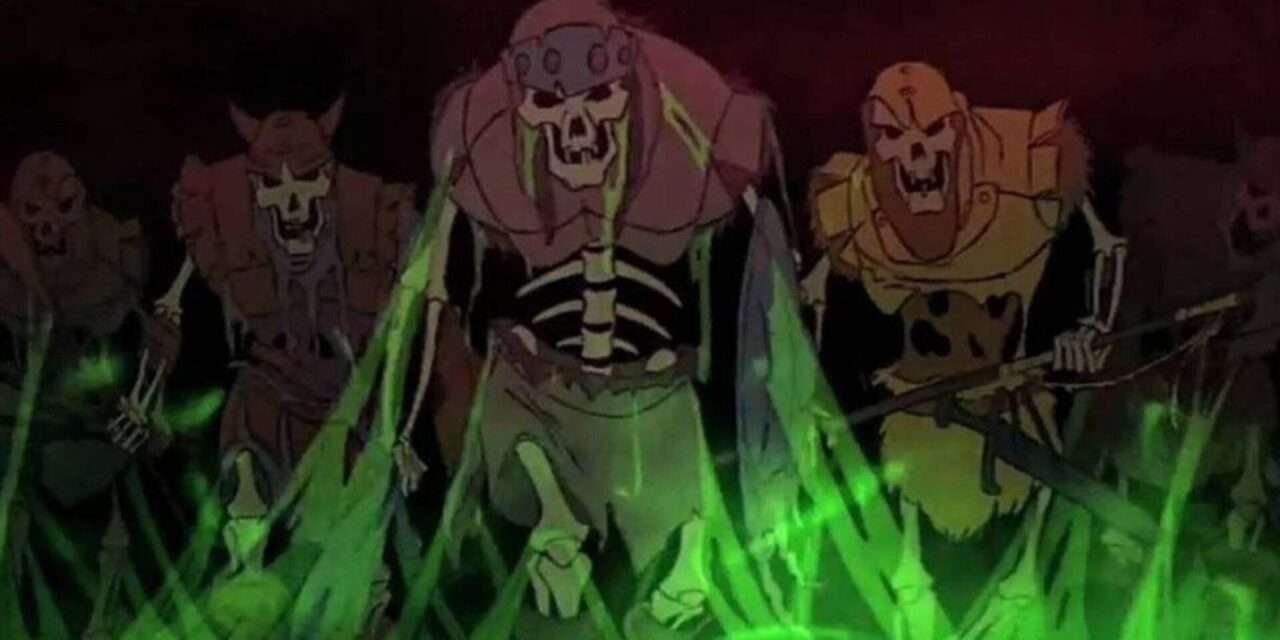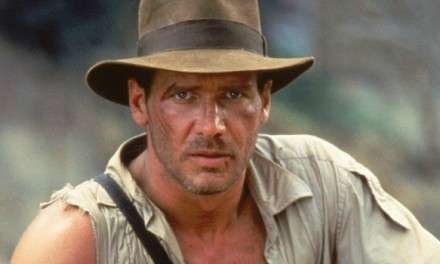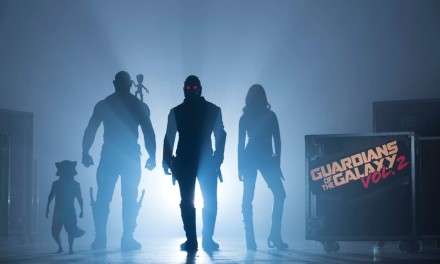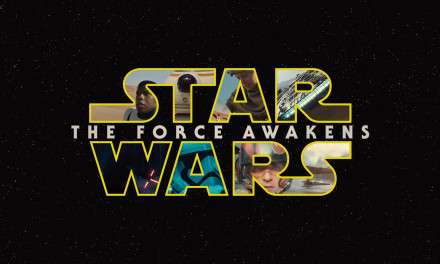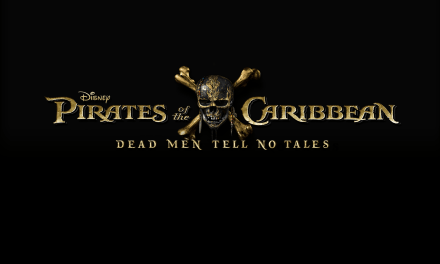One of Tim Burton’s earliest professional ventures after graduating from the California Institute of Arts was working as an animator and storyboard artist at Disney. Growing up in Burbank, California, right in the shadow of Disney’s offices, Burton found himself immersed in the world of animation, contributing to films such as “The Fox and the Hound,” “TRON,” and “The Black Cauldron.”
The early 1980s proved to be challenging for Disney, financially floundering to the point where the future of their animation department was at risk, especially after the expensive failure of “The Black Cauldron.” Yet, this period of ambiguity allowed Disney a rare moment of artistic freedom, as their usual kid-friendly successes weren’t dominating the scene.
For Burton, however, the rigid “house style” of Disney was suffocating. Known for his unique and eccentric vision, he felt creatively stifled. Reflecting on his time at Disney in a 1989 New York Times interview, he likened the experience to being strapped to a table and forced to draw, a routine that led him to “flip out.”
Despite this difficult period, Burton seized several opportunities to showcase his distinct style, producing the stop-motion short “Vincent” in 1982, which told the tale of a young boy who believed he was Vincent Price. He followed it up with a live-action short, “Hansel and Gretel,” for the Disney Channel, although the company aired it just once in a late-night Halloween slot. In 1984, Burton directed “Frankenweenie,” a live-action piece that reimagines the Frankenstein tale with a young boy resurrecting his dog. While creatively fueled, it was considered too dark for Disney, resulting in Burton’s departure from the studio.
Burton’s journey with Disney has been a tumultuous one, yet it came full circle in later years with projects like the highly successful “Alice in Wonderland” in 2010. However, his 2019 live-action “Dumbo” included a sly critique of corporate entertainment, symbolizing his complex relationship with the Mouse House. The film’s antagonist, a Walt Disney-like figure, underscored Burton’s enduring discomfort with the commercial machinery of mainstream studios.
What do you think about Tim Burton’s relationship with Disney? Share your thoughts in the comments below and don’t forget to share this story with friends who are fans of Burton’s unique works!
Source: SlashFilm

